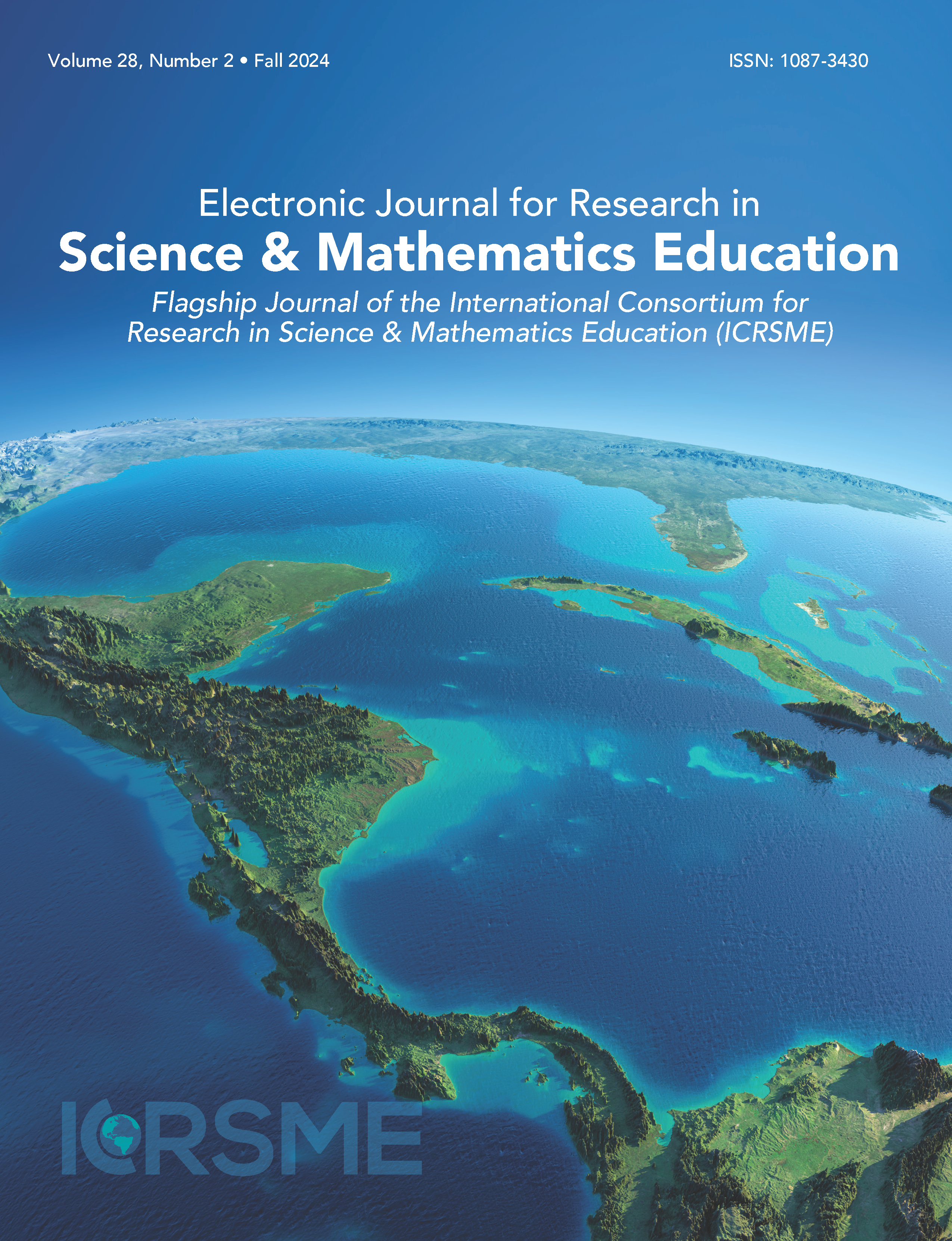Curriculum and pedagogy in STEM teacher education: Developing case studies focusing on socio-scientific issues and differentiated instruction
Main Article Content
Abstract
Differentiated instruction (DI) is a teaching approach that aims to achieve learning for students of diverse backgrounds, abilities, and interests. This study explores STEM teacher candidates’ (TCs’) development of DI-focused curriculum using case studies of socio-scientific issues (SSI). The paper addresses the following research question: How well suited are case studies of socio-scientific issues
to incorporate differentiated instruction? The paper adopts a qualitative method approach utilizing document analysis, in which the authors present the analysis of seven case studies of SSI developed by 18 TCs. Overall, the results convey that TCs showed very good integration of DI principles and practices in the case studies. TCs differentiated the process of teaching most followed by the product
of learning; yet showing a need for more training in content differentiation to attend to students’ needs, backgrounds, and academic levels. Furthermore, the research highlights the compatibility between DI and case studies of SSI, rendering them as promising tools to differentiate instruction. This research equips science teachers and curriculum designers with practical resources and strategies to implement DI, to ensure equitable education for all students. Implications for STEM teacher education research and practice are also highlighted.
Article Details
© 2025 Electronic Journal for Research in Science & Mathematics Education (EJRSME)
